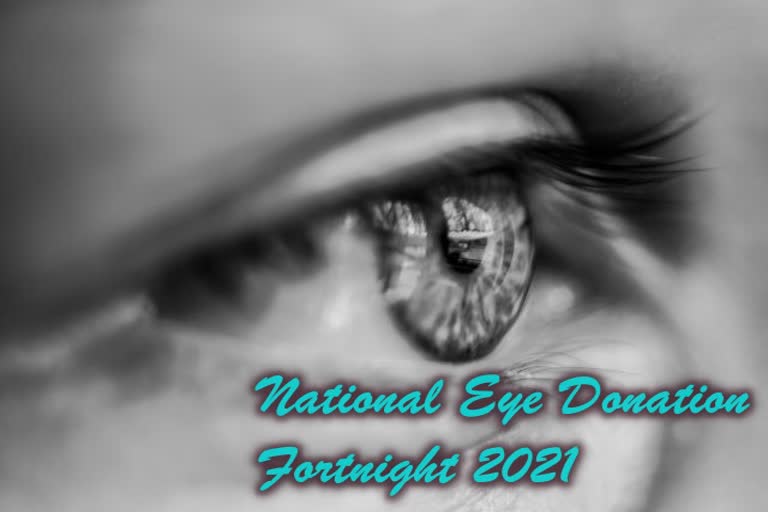Every year from 25th August to 8th September, National eye Donation Fortnight is observed. It is a campaign that aims to raise awareness about the importance of eye donation and to encourage people to pledge to donate their eyes after death. It was first inaugurated by the Ministry Of Health And Family Welfare (MoHFW), Government Of India in 1985. It is important to sensitize people about it because in India, around 3 million people, the majority of which are children under the age of 12 years, can get their vision back with one simple donation.
Who Can Donate?
- People of all ages, gender, race, blood group, or religion
- People who wear spectacles or lenses for either short or long-sightedness, or even those who have gotten their eyes operated
- Those suffering from diabetes, hypertension, asthma, and those without any communicable diseases
Who cannot donate their eyes?
- People who were infected with or died from AIDS, Hepatitis B or C, rabies, cholera, tetanus, acute leukemia, septicemia, meningitis, or encephalitis.
All We Need To Know About Eye Donation
Here are a few things you must know, as stated by the National Health Portal (NHP) of India.
- Eye donation is donating one's eyes after his/her death.
- Only corneal blinds people are benefitted from donated eyes.
- Corneal blindness is the loss of sight due to damage in the tissue covering the front of the eye called the cornea.
- Anyone can donate their eyes irrespective of age, sex and blood group.
- The cornea should be removed within an hour of death.
- The eyes of a donated person can save the vision of two corneal blind people.
- Eye removal takes only 10-15 minutes and leaves no scar or disfigurement of the face.
- Donated eyes are never bought or sold. Eye donation is never refused.
- Contact the eye bank to become a registered eye donor.
Myths vs Facts
There are many Myths related to Eye Donation and certain superstitions, but one must always be aware of the facts. With one pair of eyes, you can give vision to two corneal blind people. Here are a few myths we busted for you:
- I have weak eyesight, so I cannot donate my eyes
Weak eyesight will fortunately not be a barrier in the process of eye donation. People who wear spectacles or lenses for either short or long-sightedness or even those who have gotten their eyes operated on can donate their eyes. It includes people of any age, blood group, gender, etc. - I will be born blind in my next birth
No. This is a complete superstition. Donating eyes or any other organs is an act of great charity. Also, in rebirth, it is the soul that is transported to a new body and such deformities won't be carried ahead. - Eye donation will disfigure my face
It won’t. It is commonly the cornea that is removed and not the entire eye. However, in certain cases, a prosthetic may be placed. Hence, it will not leave a hole in the place of eye sockets. - I cannot donate my eyes if I don’t pledge for it
False. Even if one has not pledged for their eye donation when they were alive, a family member can volunteer for the deceased person’s eyes to be donated. - Doctor’s won’t work hard on saving my life
No matter what, doctors are completely dedicated to saving a patient's life at all costs. It is only after the death of the person that their eyes can be donated.
Also Read: All You Need To Know About Squint Or Cross Eyes In Kids.



